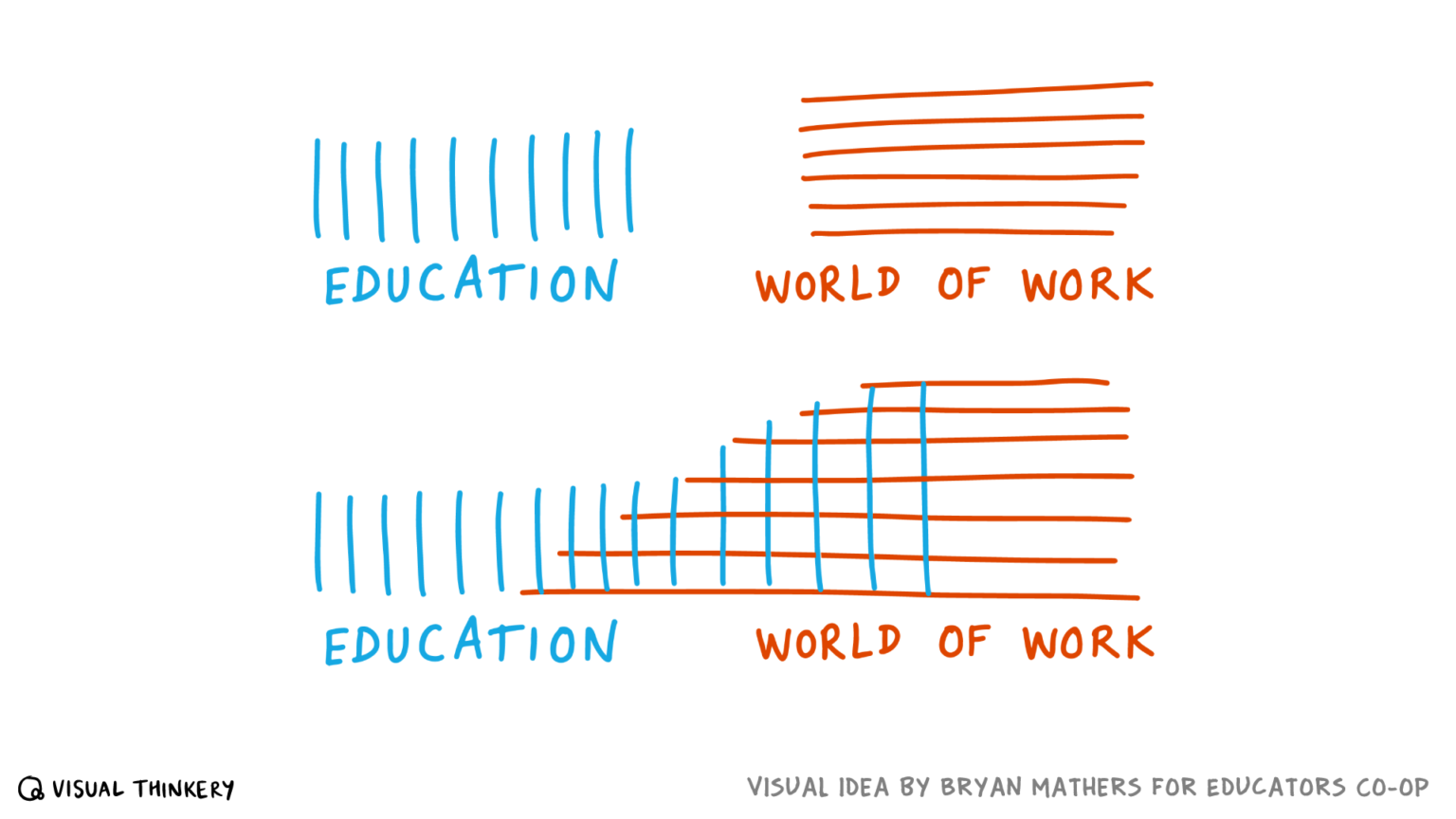https://www.theatlantic.com/ideas/archive/2021/10/evangelical-trump-christians-politics/620469/
Evangelical Christians have been held together more by political orientation and sociology than they have by a common theology. This has set them up for a schism which has been exacerbated by Donald J. Trump, COVID-19, and social changes.
Similar to Kurt's quote, "We go to church to see and be seen", too many churches are focused on entertainment and being an ongoing institution that they aren't focusing on their core mission. This is causing problems in their overall identity.
Time at church and in religious study is limited, but cable news, social media, and other distractions are always on and end up winning out.
People are more likely to change their church because of politics than to change their politics because of church.
The dichotomy of maleness and femaleness compound the cultural issues of the evangelical church.
Southernization of the Church
Pastors leaving the profession due to issues with a hostile work environment. Some leaving because parishioners are organizing and demanding they be fired.
Peter Wehner looks at the rifts that are appearing in the Christian evangelical movement in America, some are issues that have been building for a while, while others are exaggerated by Donald J. Trump, the coronavirus, the culture wars, political news, political beliefs, and and hypocrisy.
